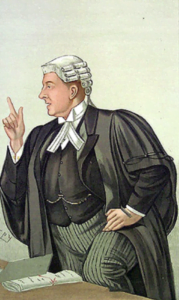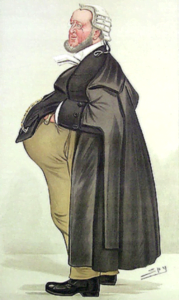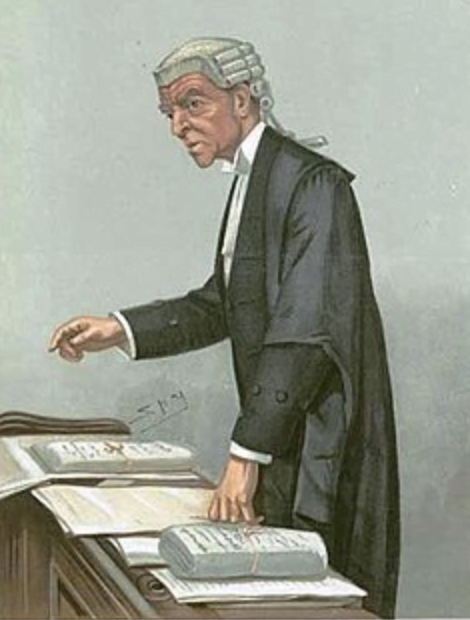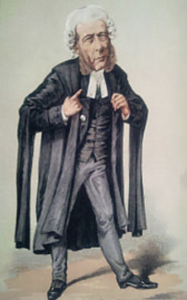How do the police work with the CPS?
The police’s job is to investigate crime. This includes; attending the crime scene, talking to witnesses and gathering evidence. You see some of this on the news when the police leave a house carrying bags of items or when they search a place with their finger tips. The evidence they gather includes documentary, physical, photographic and other forensic evidence and not just witness testimony. The police arrest and interview suspects. All of this produces a file which when complete the police send to the Crown Prosecution Service (CPS) for review and a decision on prosecuting. In the meantime though they will usually have been in contact with the CPS to discuss evidence, charging, bail, and other issues, especially if the crime is serious and complicated. The more serious the crime, the more liaison is likely.
The CPS’ job is to prosecute criminal cases investigated by the police. As part of this role they  make the decisions about what charges will be put to an accused. The CPS does not investigate crime. Interestingly, nor do they choose which cases to consider. So there will be cases, and presumably quite a lot, which the CPS never hear about because the police decide not to take any action. They must review every case referred by the police, or other investigators. They provide early legal advice in investigations to help build cases and to identify whether or not an accused should be charged.
make the decisions about what charges will be put to an accused. The CPS does not investigate crime. Interestingly, nor do they choose which cases to consider. So there will be cases, and presumably quite a lot, which the CPS never hear about because the police decide not to take any action. They must review every case referred by the police, or other investigators. They provide early legal advice in investigations to help build cases and to identify whether or not an accused should be charged.
How does the CPS make its charging decisions?
Each charging decision is based on the same two-stage test set out in the Code for Crown Prosecutors.
1. The evidential test.
Before charging, the CPS must be satisfied that there is enough evidence. This means there must be a realistic prospect of conviction in relation to each accused and for each and every charge.
As part of this test the CPS must consider all the evidence, together with:
- Whether there is any question over the admissibility of certain evidence by assessing
- The likelihood of that evidence being held as inadmissible by the court; and
- The importance of that evidence in relation to the evidence as a whole;
- Whether there are any reasons to question the reliability of the evidence, including its accuracy or integrity;
- Whether there are any reasons to doubt the credibility of the evidence;
- The impact of any likely defence or information put forward by the suspect during interview or through their legal adviser and how that might affect the likelihood of conviction; and
- At the current stage and throughout the case, whether there is any material that may affect the assessment of the sufficiency of evidence, including examined and unexamined material in the possession of the police and material that may be obtained through further reasonable lines of inquiry.
This evidential test is satisfied if the CPS assessment is that the court would be more likely than not to convict the accused of the charge. If the evidential stage is not passed, the prosecution cannot proceed further no matter how serious or sensitive it may be.
 2. The public interest test.
2. The public interest test.
If the evidential test is satisfied, the CPS must fairly weigh the factors for and against prosecution to make an overall assessment of whether the proceedings against the accused is in the public interest. Each case must be considered on its own individual facts. Public interest factors include things like:
- The offence and its seriousness;
- The culpability (blameworthiness) of the accused;
- The victim’s circumstances and the harm caused to the victim;
- The accused’s age and maturity;
- Any impact on the community;
- Is prosecution a proportionate response, e.g. is a nominal penalty likely?
Choice of charges - the dos and don’ts
The Code for Crown Prosecutors states the CPS should choose charges which:
- Reflect the seriousness and extent of the offending;
- Give the court adequate powers to sentence and impose appropriate post-conviction orders;
- Allow a confiscation order to be made in appropriate cases, where a defendant has benefitted from criminal conduct; and
- Enable the case to be presented in a clear and simple way.
These standards lead to several consequences:
Prosecutors may not always choose or continue with the most serious charge where there is a choice and the interests of justice are met by choosing the lesser charge.
They shouldn’t try to game the system by proceeding with more charges than are necessary or with a more serious charge just to encourage an accused to plead guilty to a few charges or to a lesser charge.
They should not change the charge to affect where the case will be heard i.e. in the Magistrates Court or Crown Court.
They must take account of any relevant change in circumstances as the case progresses.


 2. The public interest test.
2. The public interest test. 